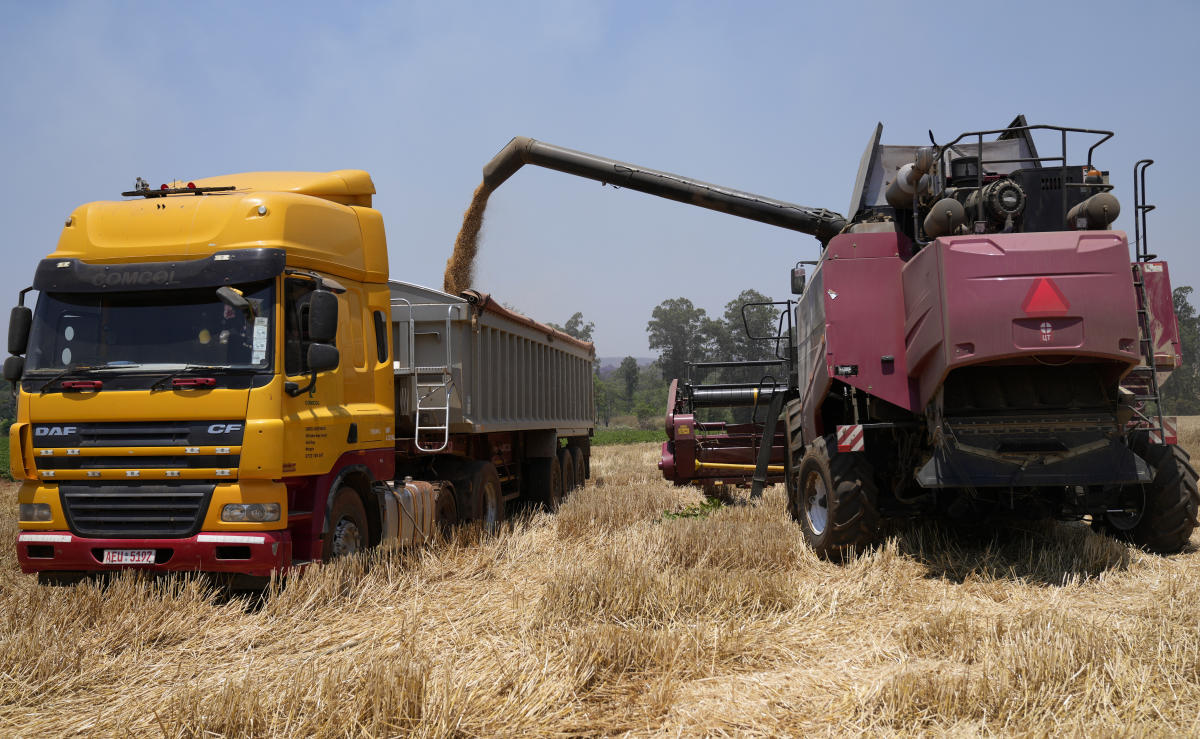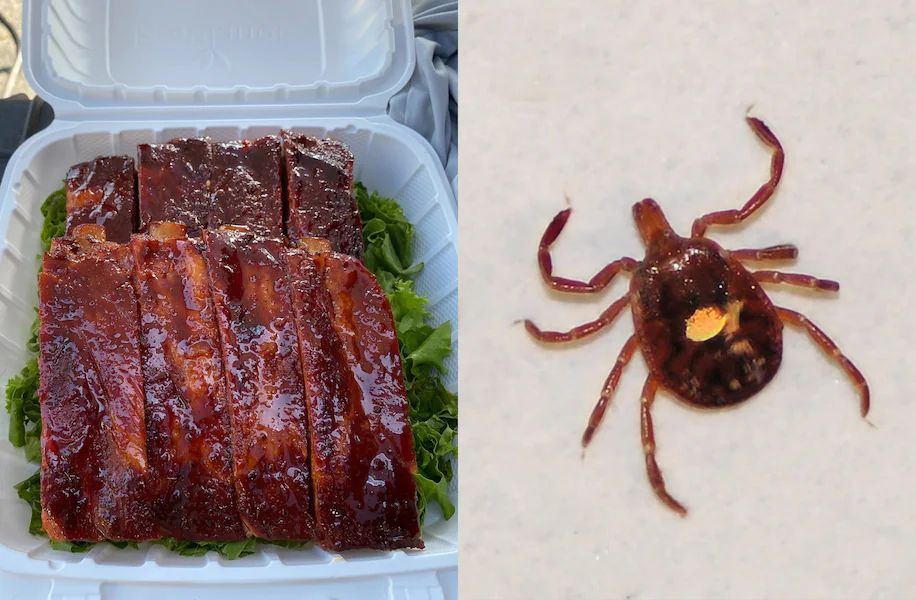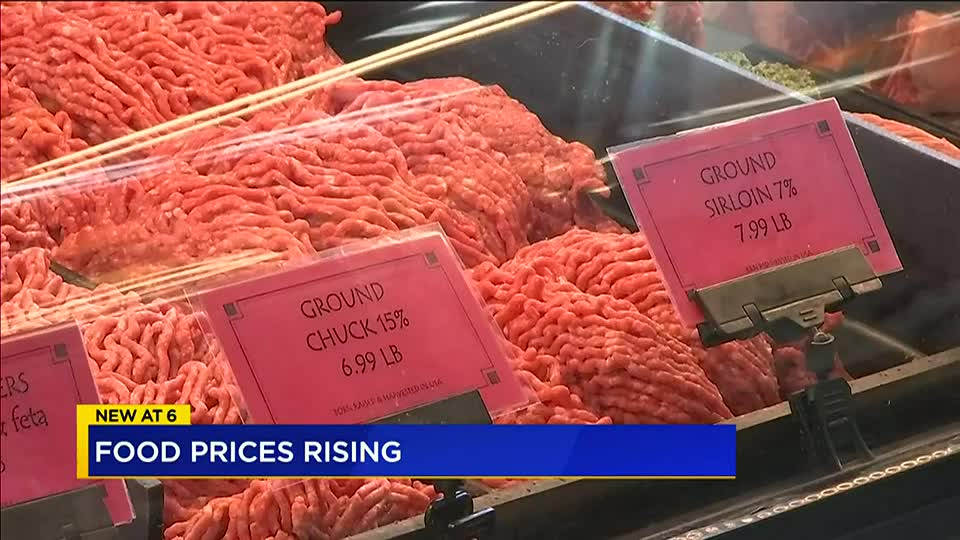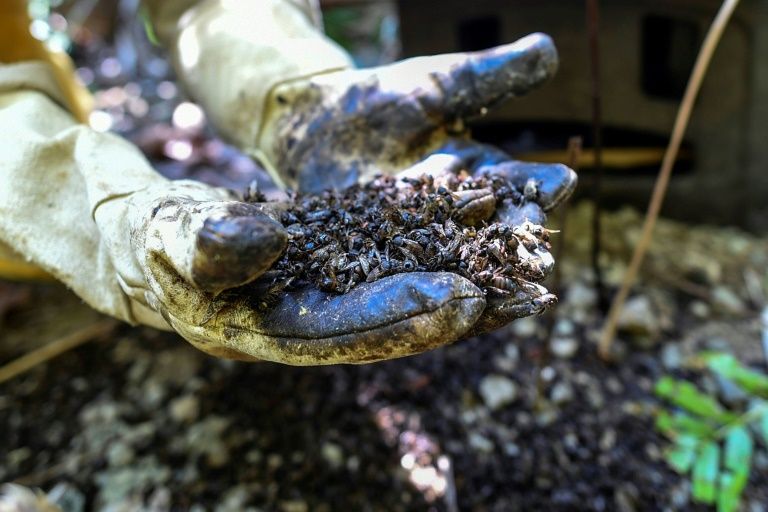12/19/2022 SOURCE: news.yahoo.com
-
(0)
-
Bookmark
- Comments. (0)
-
(0)
-
Bookmark
- Comments (0)
05/06/2022 SOURCE: news.yahoo.com
Our recent warm weather has reawakened ticks, and one tick, in particular, is becoming more common in the Washington D.C. area: the lone star tick. One bite from this tick, which is easily identified by the white spot on its back if it's female, can make people have adverse reactions to eating red meat for life. The lone star tick originated in the southern states but has spread north and west to cover much of the eastern half of the U.S. With a warming climate, more ticks survive the winter mon
The tick that makes people allergic to red meat is in D.C.
-
(0)
-
Bookmark
- Comments. (0)
-
(0)
-
Bookmark
- Comments. (0)
02/07/2022 SOURCE: news.yahoo.com
The U.S. Department of Agriculture will invest $1 billion in pilot projects that promote farming, ranching and forestry practices that cut greenhouse gas emissions or capture and store climate-warming carbon, USDA Secretary Tom Vilsack told Reuters. The agency is due to announce the Partnerships for Climate-Smart Commodities program later on Monday. The program will tap funds from the USDA's Commodity Credit Corporation, which provides up to $30 billion annually from the U.S. Treasury to help stabilize agricultural product prices and support farm income.
USDA to spend $1 billion to promote climate-friendly agriculture
-
(0)
-
Bookmark
- Comments. (0)
-
(0)
-
Bookmark
- Comments (0)
Wild pigs a looming threat
Wild pigs have yet to invade Chatham-Kent, says a top Ontario wildlife biologist, but the threat is real. According to Dr. Keith Munro wild pigs are on the Ministry of Environment and Forestry’s radar as the government hopes to stop a wild porcine population from taking hold in Southwestern Ontario. Munro, who works for the Ontario Federation of Anglers and Hunters, says 81 reported sightings of 'wild' pigs to a hotline dedicated to the issue over the past year. Wild pigs are a serious problem on the Canadian prairies and the southern United States, says Munro, with large numbers of the animals destroying crops, wreaking havoc on the land. “You can see how it could easily get out of control,” Munro explains. The pigs, known to be clever, are adept at avoiding detection and capture. Hunting the pigs, while a challenging past time for hunting enthusiasts, isn’t a good solution to get rid of them. Munro says the animals become stressed and will alter their behaviour, become more evasive when having litters. “When you hunt them, you educate them,” Munro explains. The only true solution is to trap them, he says. That is a painstaking process. Traps have to be baited and remain open to allow the pigs to get used to them. Officials have to plan to catch them all at once. Munro says MOEF has brought in experts from New York State, which has been successful in getting rid of their invasive pig population using the trapping method. Only 25 locations are involved in the 81 sightings in the region. Munro says many of the reports are multiple sightings of the same pig and so far, most of these involved domestic swine that has got loose. Pigs can be tough and aggressive, Munro notes. “It’s not a good idea to have any kind of pig wandering across the landscape,” he adds. “All pigs have the potential to go feral,” he says, and “this needs to be reported.” Senior MOEF spokeswoman Jolanta Kowalski says the number of wild pigs in the region is very small, but there was one reported sighting in Chatham-Kent...
-
(0)
-
Bookmark
- Comments (0)
 John LaRose Jr.
John LaRose Jr.
Topics: Organic, Beekeeping, Fruit, World Hunger, Government / Policies, World Population, Ag South America, Pollinators,
Colombia's apiarists say avocado buzz is killing bees
For the second time in two years, Gildardo Urrego is scooping up piles of dead bees after an invisible evil invaded his hives in northwest Colombia, wreaking havoc among his swarms.
-
(1)
-
Bookmark
- Comments (0)
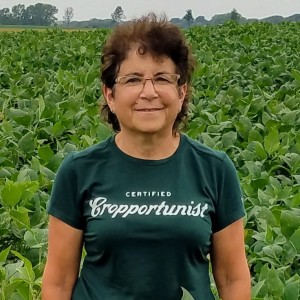 Nancy Kavazanjian
Nancy Kavazanjian
Topics: Agriculture US, USDA,
U.S. Senate confirms Tom Vilsack as Biden's agriculture secretary
The U.S. Senate on Tuesday confirmed Tom Vilsack to head the Department of Agriculture, returning the former Iowa governor to the job he held under ex-President Barack Obama. The 100-member Senate approved Vilsack 92-7. As secretary of the sprawling department, Vilsack will oversee about 100,000 employees responsible for food stamps, crop insurance, land conservation and other missions at a time U.S. farmers are benefiting from high soybean and corn prices but hunger is on the rise throughout America.
-
(1)
-
Bookmark
- Comments (0)
 Nancy Kavazanjian
Nancy Kavazanjian
Topics: Corn/Maize, Fertilizer, Ag Innovation, Ag Startups & Financing,
Startup Joyn Bio aims to reduce pollution involved in large-scale agriculture
A startup is using the tools of synthetic biology to reduce the pollution involved in large-scale agriculture.The big picture: We face two major challenges around farming: how to feed a still-growing global population, and how to do so without ruining the environment. Advances in synthetic biology could help us do both.Support safe, smart, sane journalism. Sign up for Axios Newsletters here.How it works: Joyn Bio, a joint venture between synthetic biology leader Ginkgo Bioworks and life sciences giant Bayer, is experimenting with engineering microbes that could help replace the synthetic fertilizer and chemicals used in conventional farming. * The company is focusing first on developing custom microbes that could fix nitrogen in the soil to feed growing cereal crops like corn, what Joyn Bio CEO Michael Miille calls the "Holy Grail of agriculture."Background: Plants need nitrogen to grow efficiently, but there's not enough naturally in soil to support the crops needed to feed a global population of nearly 8 billion people. * The Haber-Bosch process to artificially fix nitrogen using fertilizer transformed agriculture — by one estimate only 4 billion people could be supported using natural fertilizer — but the energy intensity of the process contributes to climate change, while fertilizer runoff leads to water pollution and aquatic dead zones.Details: Joyn Bio identifies natural microbes in the soil that show promise in fixing nitrogen and then "engineers them to perform at an entirely different level," says Miille. * The company aims to engineer microbes that can fix nitrogen efficiently enough that synthetic fertilizer use could be cut by 30–50% without affecting crop yield. * Miille says that currently, Joyn Bio's engineered microbes are efficient enough to reduce fertilizer use by 10% or so, though the company still needs to overcome regulatory hurdles and consumer acceptance before it could reach the marketplace."Agriculture needs innovation to be successful. The status quo is not going to get us the...
-
(0)
-
Bookmark
- Comments (0)



